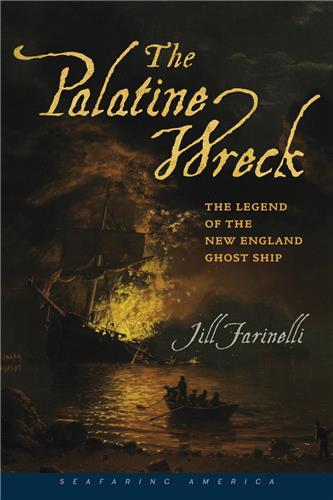The Palatine Wreck is an invaluable addition to any collection dealing with maritime history and the immigrant experience. Part of the Seafaring America series, it delves deeper into the true story of the fateful journey, while clearly separating fact from fiction.




